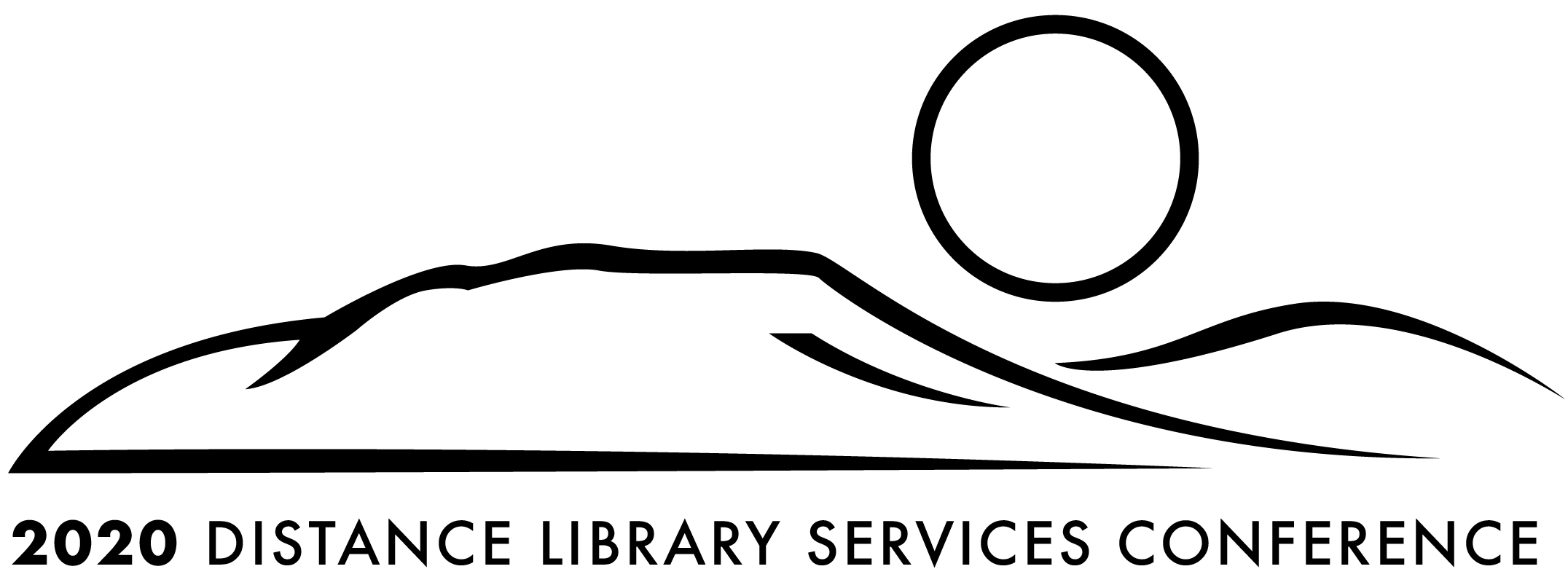Revising Asynchronous Instruction Delivery to First Year Seminars
Session Format
In-person Workshop
Conference Tracks
Library Instruction and Instruction Design
Short Description
Information literacy instruction is a mandatory component of First Year Seminars at the University of North Carolina Wilmington. Randall Library delivers this in a flipped format, by providing students with asynchronous online outside-of-class content that complements a face-to-face course session led by a librarian. Through “Appreciate Inquiry”-driven process, we converted this online content to be available as downloadable modules in the Canvas Commons. This paper will discuss our process, the specific features in Canvas that we used to achieve the project goals, and areas of future growth for the project.
Long Description
Information literacy instruction is a mandatory component of First Year Seminars at the University of North Carolina Wilmington. Randall Library delivers this in a flipped format, by providing students with asynchronous online outside-of-class content that complements a face-to-face course session led by a librarian. These flipped materials were previously delivered via a series of websites: a video tour, a. html website (based on the University of Notre Dame’s ‘Pot of Gold’), and electronic forms. Using Appreciative Inquiry (AI) principles, we set out to revise the delivery of this content. Through the AI process, we discovered the strengths of our existing content, dreamed-up aspirational goals for growing the content, designed a new delivery mechanism in Canvas (our course management system), and delivered the new product via downloadable modules in the Canvas Commons. Critical “dreams” were: facilitating easy updating of the content, easing the class instructors time-burden of grading, mandating completion of every step in the flipped content, and integrating the flipped content more closely into the face-to-face instruction. These goals were achieved through the move to Canvas and features such as quizzes, ungraded surveys, and progress requirements. This paper will discuss our AI-guided process, the specific features in Canvas that we used to achieve the project goals, and areas of future growth for the project.
Learning Objectives
- How to use the Appreciate Inquiry process to guide project development
- How to use advanced Canvas features to require student completion of content in sequence
- How to publish learning content to the Canvas Commons
Revising Asynchronous Instruction Delivery to First Year Seminars
Information literacy instruction is a mandatory component of First Year Seminars at the University of North Carolina Wilmington. Randall Library delivers this in a flipped format, by providing students with asynchronous online outside-of-class content that complements a face-to-face course session led by a librarian. These flipped materials were previously delivered via a series of websites: a video tour, a. html website (based on the University of Notre Dame’s ‘Pot of Gold’), and electronic forms. Using Appreciative Inquiry (AI) principles, we set out to revise the delivery of this content. Through the AI process, we discovered the strengths of our existing content, dreamed-up aspirational goals for growing the content, designed a new delivery mechanism in Canvas (our course management system), and delivered the new product via downloadable modules in the Canvas Commons. Critical “dreams” were: facilitating easy updating of the content, easing the class instructors time-burden of grading, mandating completion of every step in the flipped content, and integrating the flipped content more closely into the face-to-face instruction. These goals were achieved through the move to Canvas and features such as quizzes, ungraded surveys, and progress requirements. This paper will discuss our AI-guided process, the specific features in Canvas that we used to achieve the project goals, and areas of future growth for the project.


Comments
Interaction Strategies
Intended Audience